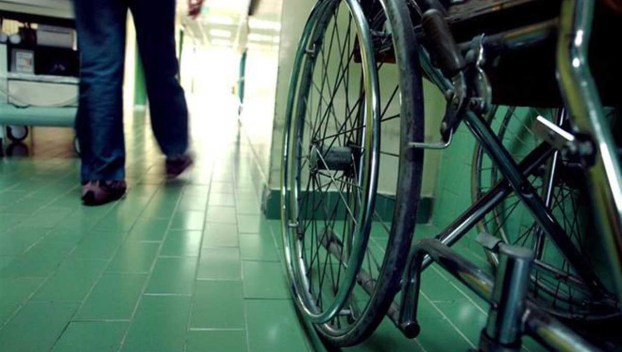
Cnhi Network
Massachusetts lawmakers want more money for local hospitals
BOSTON — Dozens of acute care hospitals will get payouts from a fund created to keep them competitive ... Read more

BOSTON — Dozens of acute care hospitals will get payouts from a fund created to keep them competitive ... Read more